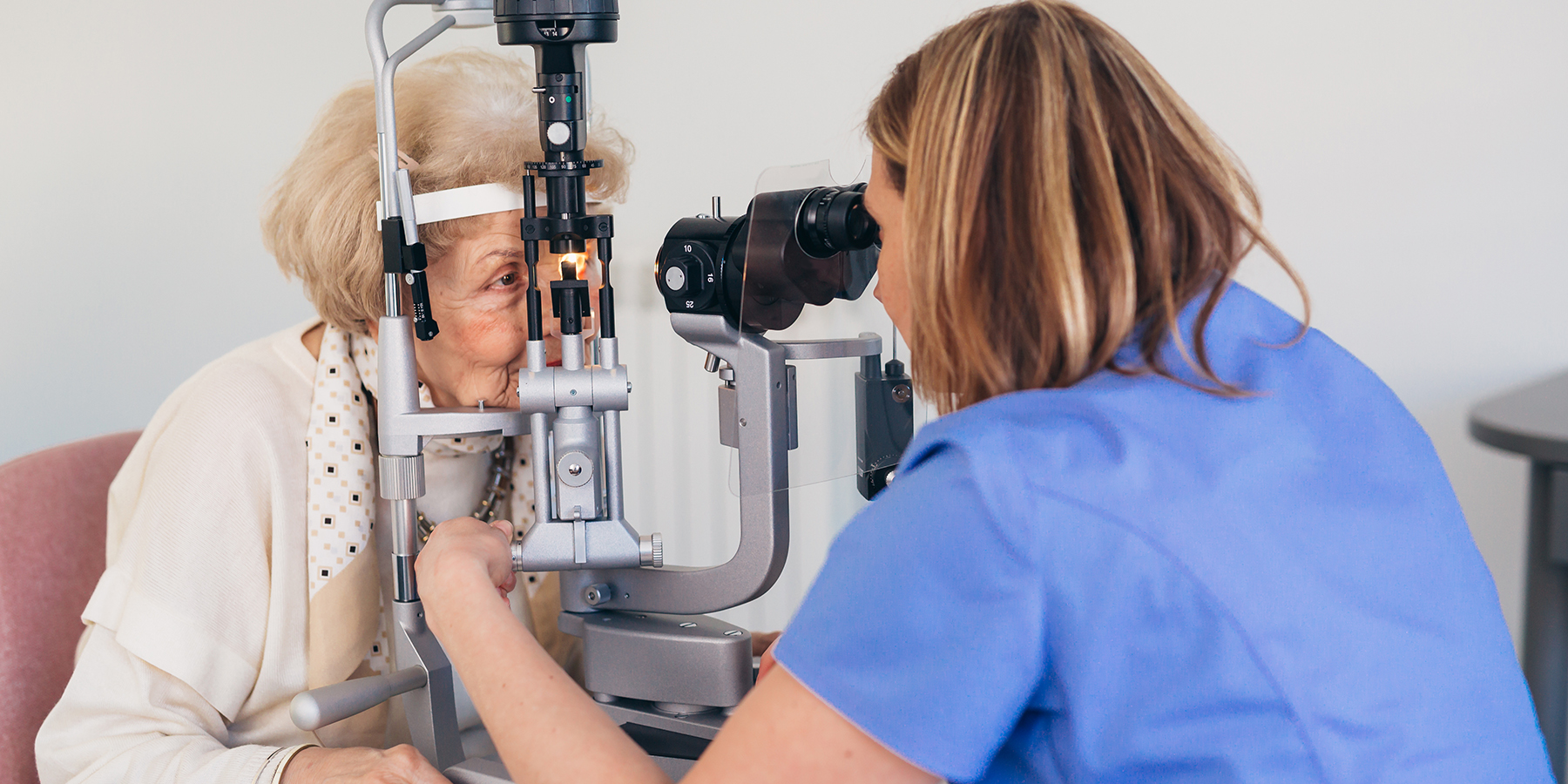
https://finanzasdomesticas.com/sputnik-v-vacuna-diviendo-europa/ is a big topic right now. This Russian vaccine is causing a lot of talks and debates among European countries. Some countries are happy to use it, while others are not sure if they should trust it.
In this blog, we’ll explore why the Sputnik V vaccine is dividing Europe. We’ll look at how different countries feel about it, why it’s causing disagreements, and what this means for the future of Europe’s fight against COVID-19.
How https://finanzasdomesticas.com/sputnik-v-vacuna-diviendo-europa/ Is Creating a Divide in Europe
The https://finanzasdomesticas.com/sputnik-v-vacuna-diviendo-europa/ has been a major topic of discussion in Europe. This Russian-made vaccine, created to fight COVID-19, is causing a lot of debates. While some countries in Europe are open to using it, others are more cautious and unsure about its safety and effectiveness.
One reason for the division is trust. Some European countries feel confident in the science behind Sputnik V, believing it can help in the fight against the pandemic. These countries see the vaccine as a quick and available solution, especially when other vaccines are in short supply.
On the other hand, there are countries that are not so sure. They are concerned about the lack of data and transparency from the Russian government regarding the vaccine. These countries prefer to wait for more information before making a decision. They want to ensure that the vaccine is safe for their people before they start using it.
The divide is also political. Some European leaders are hesitant to use a vaccine from Russia due to historical tensions and mistrust. They worry that accepting the Sputnik V vaccine could be seen as a sign of weakness or dependence on Russia, which could have broader political implications.
In https://finanzasdomesticas.com/sputnik-v-vacuna-diviendo-europa/ is a real issue. The vaccine has the potential to help many people, but it is also causing disagreements and debates among European countries. The question remains: Will Europe be able to unite in its approach to using Sputnik V, or will this vaccine continue to create a divide?
The Story Behind https://finanzasdomesticas.com/sputnik-v-vacuna-diviendo-europa/ One Dose at a Time
The story of https://finanzasdomesticas.com/sputnik-v-vacuna-diviendo-europa/ where the vaccine was developed as one of the first in the world to combat COVID-19. The speed of its development surprised many, and while some praised Russia for its quick action, others were skeptical. This skepticism has followed Sputnik V as it made its way to Europe, where the vaccine is now dividing opinions.
Some European countries welcomed the vaccine with open arms. They saw Sputnik V as a chance to get more people vaccinated quickly and prevent the spread of the virus. These countries were eager to secure doses, even when other vaccines were in short supply.
However, other nations were more cautious. They questioned the speed at which the vaccine was approved in Russia and wondered if all the necessary safety checks had been completed. For these countries, the lack of transparent data made it hard to fully trust Sputnik V.
This division in Europe shows how complex the situation is. While some see Sputnik V as a solution, others see it as a risk. This difference in opinion continues to shape the debate around the vaccine in Europe.
Why Sputnik V Vacuna Is Splitting European Countries
https://finanzasdomesticas.com/sputnik-v-vacuna-diviendo-europa/ highlights the split among European countries when it comes to fighting the pandemic. The vaccine has been at the center of discussions, with some nations choosing to use it and others opting out. This split is not just about health; it also reflects deeper issues within Europe.
For some countries, using Sputnik V was a practical decision. They needed vaccines fast, and Sputnik V was available. These countries focused on the immediate need to protect their citizens and saw the vaccine as a helpful tool in the fight against COVID-19.
In contrast, other countries were more concerned about the long-term consequences. They worried that relying on a Russian vaccine could create political challenges down the road. The decision to use or not use Sputnik V became more than just a health issue—it was also about politics and power.
This split in Europe shows how the pandemic is testing not just health systems, but also political relationships. https://finanzasdomesticas.com/sputnik-v-vacuna-diviendo-europa/ is a reminder that even in a global crisis, different countries can have very different approaches.
How Different European Countries Are Responding to Sputnik V
European countries have responded to the https://finanzasdomesticas.com/sputnik-v-vacuna-diviendo-europa/ ways. Some countries were quick to approve and start using the vaccine, seeing it as an important part of their COVID-19 response. These countries were focused on getting as many people vaccinated as possible, as quickly as possible.
For example, Hungary was one of the first European countries to approve Sputnik V. They decided that getting more vaccines to their people was more important than waiting for approval from the European Union. This decision allowed them to start vaccinating people sooner.
Other countries, however, chose a more cautious approach. They decided to wait for further research and data before making any decisions. These countries wanted to be sure that Sputnik V was both safe and effective before they started using it. They preferred to follow the guidance of the European Medicines Agency, which was still reviewing the vaccine.
This difference in approach shows how complex the issue of vaccine approval can be. While some countries are focused on speed, others are focused on safety. https://finanzasdomesticas.com/sputnik-v-vacuna-diviendo-europa/ reflects these different priorities and how they are shaping Europe’s response to the pandemic.
The Role of https://finanzasdomesticas.com/sputnik-v-vacuna-diviendo-europa/ COVID-19 Battle
https://finanzasdomesticas.com/sputnik-v-vacuna-diviendo-europa/ has played a significant role in Europe’s battle against COVID-19. The vaccine offered an additional option for countries looking to protect their populations from the virus. In some places, it became a key part of the national vaccination strategy.
In countries that adopted Sputnik V early, the vaccine helped increase vaccination rates. This was particularly important during times when other vaccines were in short supply. For these countries, Sputnik V was seen as a practical solution to a pressing problem.
Yet, in other parts of Europe, Sputnik V has been met with resistance. Concerns about its development process and political implications have made some countries hesitant to use it. These countries have preferred to rely on vaccines developed in the West, which they view as more trustworthy.
The role of Sputnik V in Europe’s fight against COVID-19 is therefore mixed. It has been a helpful tool in some areas, while in others it has been a source of controversy and division. This makes https://finanzasdomesticas.com/sputnik-v-vacuna-diviendo-europa/ an ongoing and important story in Europe’s pandemic response.
https://finanzasdomesticas.com/sputnik-v-vacuna-diviendo-europa/ Who Supports It and Who Doesn’t
https://finanzasdomesticas.com/sputnik-v-vacuna-diviendo-europa/ has led to a clear divide in support across the continent. Some countries have embraced the vaccine, while others have been hesitant or outright refused to use it. This split is influenced by a variety of factors, including trust in Russia, availability of other vaccines, and internal political dynamics.
Countries like Hungary and Slovakia have shown strong support for Sputnik V. They acted quickly to approve and distribute the vaccine, believing it was crucial to protect their populations. These countries didn’t wait for broader European approval and took matters into their own hands to ensure their citizens had access to vaccines.
On the flip side, nations like Germany and France have been more cautious. They prefer to follow the European Union’s guidelines and have held off on using Sputnik V until there’s more data available. These countries are concerned about the potential risks and prefer to use vaccines that have been more thoroughly vetted by international health agencies.
This division is not just about health but also about politics and trust. Countries that have a closer relationship with Russia are more likely to support Sputnik V, while those that have had tense relations are more cautious. https://finanzasdomesticas.com/sputnik-v-vacuna-diviendo-europa/ highlights how these deeper issues are influencing decisions about vaccine use.
The Politics of Sputnik V: How It’s Dividing Europe
The debate over https://finanzasdomesticas.com/sputnik-v-vacuna-diviendo-europa/ is as much about politics as it is about public health. The vaccine has become a symbol of broader geopolitical tensions, with some countries seeing it as an opportunity to strengthen ties with Russia, while others view it with suspicion.
In some parts of Europe, using Sputnik V is seen as a way to demonstrate independence from Western influence. Countries that have historically had strong ties with Russia, like Hungary, are more likely to use the vaccine. For them, approving Sputnik V is a way to show that they can make their own decisions without waiting for the European Union’s approval.
However, in Western Europe, the vaccine is often seen through a different lens. Countries like France and Germany are wary of Russia’s intentions and are concerned about the vaccine being used as a tool of influence. These nations prefer to stick with vaccines developed in the West, which they believe are safer and more transparent.
This political backdrop is a key reason why https://finanzasdomesticas.com/sputnik-v-vacuna-diviendo-europa/ is such a contentious issue. It’s not just about whether the vaccine works, but also about what it represents in the context of European and global politics.
Sputnik V Vacuna: A Divisive Issue in European Politics
https://finanzasdomesticas.com/sputnik-v-vacuna-diviendo-europa/ is a prime example of how health issues can become deeply entangled with politics. The decision to use or reject Sputnik V is not just a matter of public health—it’s also a statement about a country’s political alliances and its stance on Russia.
In Eastern Europe, where some countries have closer ties to Russia, Sputnik V has been more readily accepted. These countries are often more willing to trust the vaccine and see it as a valuable tool in their fight against COVID-19. For them, the vaccine is less about politics and more about practicality and necessity.
Meanwhile, in Western Europe, the vaccine is viewed with greater suspicion. Governments in these regions are concerned that using Sputnik V could send the wrong message, both to their own citizens and to the international community. They worry that relying on a Russian vaccine could undermine trust in their alliances with other Western countries.
This division shows how deeply politics can influence health decisions. The debate over Sputnik V vacuna diviendo Europa is a clear example of how different countries’ political relationships and histories can shape their responses to the pandemic.
Why Some European Nations Trust Sputnik V While Others Don’t
https://finanzasdomesticas.com/sputnik-v-vacuna-diviendo-europa/ shows a clear divide in trust among European nations. The reasons why some countries trust the vaccine while others don’t are varied and complex, rooted in both historical relationships and current political climates.
In countries like Hungary and Slovakia, there is a higher level of trust in the Sputnik V vaccine. These nations have had more favorable relations with Russia, which influences their willingness to accept a vaccine developed there. They also see the vaccine as a practical solution during a time when securing vaccines has been challenging.
In contrast, nations like Germany and France are more skeptical. They have expressed concerns about the lack of transparency in the vaccine’s development process. These countries want to ensure that any vaccine they use has undergone rigorous testing and meets international standards. For them, the issue is less about the vaccine itself and more about the process behind its approval.
This difference in trust is one of the key reasons why Sputnik V vacuna diviendo Europa. It highlights how historical and political factors can influence public health decisions and create divisions even in the face of a common threat like COVID-19.
The Controversy Over Sputnik V: Is It Really Dividing Europe
https://finanzasdomesticas.com/sputnik-v-vacuna-diviendo-europa/ has sparked significant controversy, with many questioning whether the vaccine is truly dividing the continent or if it’s just highlighting existing divisions. The debate over the vaccine has brought to light the different ways countries approach public health and their political relationships.
Supporters of Sputnik V argue that the vaccine is a necessary tool in the fight against COVID-19. They point out that the vaccine has been used successfully in several countries, helping to reduce infection rates and protect vulnerable populations. For these nations, the controversy is less about the vaccine itself and more about the politics surrounding it.
However, critics argue that the vaccine is indeed dividing Europe. They believe that the decision to use or reject Sputnik V reflects deeper political tensions and mistrust between countries. The vaccine has become a symbol of these broader issues, with some countries seeing it as a potential threat to European unity.
In reality, the controversy over Sputnik V vacuna diviendo Europa is a mix of both health concerns and political dynamics. It highlights the challenges of navigating a global pandemic in a politically complex region like Europe.
https://finanzasdomesticas.com/sputnik-v-vacuna-diviendo-europa/ What’s the Future
The ongoing debate around https://finanzasdomesticas.com/sputnik-v-vacuna-diviendo-europa/ raises questions about the future of Europe’s response to the pandemic. As countries continue to navigate the challenges of COVID-19, the role of Sputnik V remains uncertain. Will more countries adopt the vaccine, or will the divide deepen?
Some believe that as more data becomes available, countries currently hesitant about Sputnik V may reconsider their stance. If the vaccine proves to be safe and effective, it could become a more widely accepted option across Europe. This shift could help bridge the divide and lead to more coordinated efforts to fight the pandemic.
However, others think the divide may persist. Political and historical factors continue to play a significant role in decision-making, and these issues are not easily resolved. Even if the vaccine is proven effective, trust in its source might still be a barrier for some countries.
In the end, the future of Sputnik V vacuna diviendo Europa depends on both scientific outcomes and political will. How these two elements interact will determine whether the vaccine becomes a unifying force or continues to be a point of contention in Europe.
European Leaders’ Views on https://finanzasdomesticas.com/sputnik-v-vacuna-diviendo-europa/ Divided Opinion
The differing views of European leaders on Sputnik V vacuna diviendo Europa highlight the complexities of the issue. While some leaders see the vaccine as a valuable tool in the fight against COVID-19, others are more skeptical, reflecting a broader split in European politics.
Leaders in countries like Hungary have been vocal in their support of Sputnik V. They argue that the vaccine is an important part of their strategy to protect public health and see its adoption as a practical necessity. For these leaders, the focus is on getting as many people vaccinated as quickly as possible, regardless of where the vaccine comes from.
On the other hand, leaders in Western European countries have expressed caution. They emphasize the importance of thorough testing and approval processes, preferring to wait for the European Medicines Agency to give its endorsement. These leaders are concerned about the implications of using a vaccine developed outside of the EU and what it might mean for Europe’s political cohesion.
This divided opinion among leaders is a key reason why https://finanzasdomesticas.com/sputnik-v-vacuna-diviendo-europa/ The debate is not just about the vaccine itself, but also about what it represents in the context of European unity and trust in global health standards.
What Does https://finanzasdomesticas.com/sputnik-v-vacuna-diviendo-europa/ Future
https://finanzasdomesticas.com/sputnik-v-vacuna-diviendo-europa/ raises important questions about what the future holds for Europe’s pandemic response and its political landscape. The vaccine’s introduction has highlighted both the strengths and weaknesses of Europe’s approach to managing COVID-19.
For some, the use of Sputnik V represents a necessary step in fighting the pandemic. These countries see the vaccine as an essential tool in their arsenal, helping to speed up vaccination efforts and protect their populations. They argue that in a crisis, every available option should be considered, regardless of its origin.
Others, however, see the debate over Sputnik V as a warning sign. The divisions it has caused suggest that Europe’s unity may be more fragile than previously thought. The differing responses to the vaccine reveal underlying tensions that could affect future cooperation on health and other issues.
As Europe continues to navigate the pandemic, the role of Sputnik V will likely remain a topic of discussion. The vaccine has become more than just a tool to fight COVID-19—it’s also a symbol of the challenges Europe faces in maintaining solidarity and trust among its member states.
Conclusion
https://finanzasdomesticas.com/sputnik-v-vacuna-diviendo-europa/ shows how something as simple as a vaccine can create big disagreements. Some countries see it as a helpful tool to fight COVID-19, while others worry about its safety and the politics behind it. These different views have made it hard for Europe to stay united in its fight against the virus.
In the end, whether Europe comes together or stays divided over Sputnik V will depend on trust, both in the science and in each other. The vaccine has helped some countries, but it has also caused a lot of debate. What’s clear is that the discussion around Sputnik V is about more than just health—it’s also about how Europe handles challenges together.







